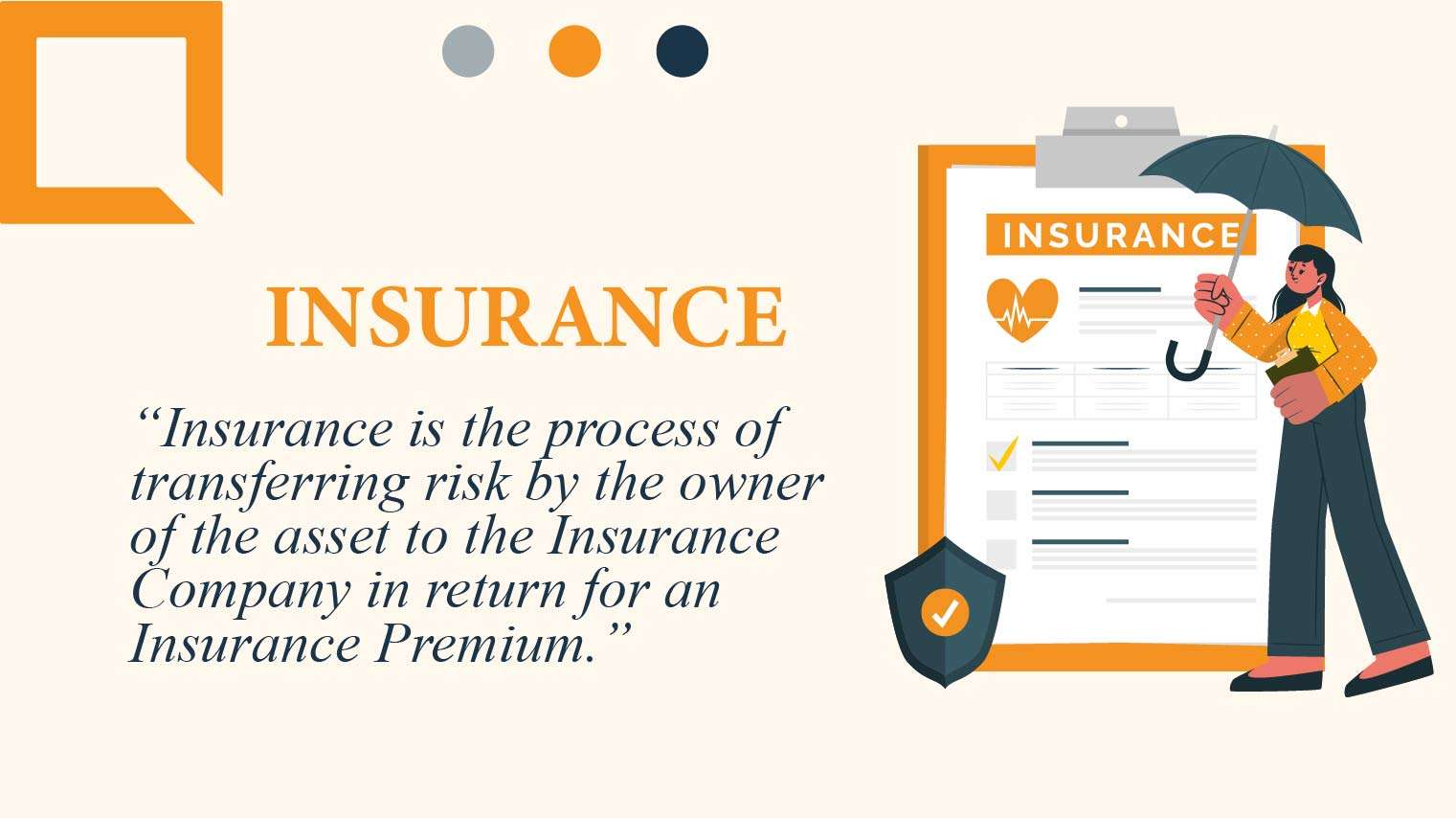What is Insurance? A Complete Beginner’s Guide to Understanding Insurance

In today’s uncertain world, anything can happen — an accident, a medical emergency, property loss, or even a sudden death. These events can cause serious financial setbacks. This is where insurance comes in. But what exactly is insurance, and how does it work? This blog will explain insurance in simple terms, its types, benefits, and why it’s an essential part of personal financial planning.
What is Insurance?
Insurance is a legal agreement between a person (policyholder) and an insurance company (insurer) where the insurer promises to provide financial protection against specific risks or losses in return for a regular payment known as a premium.
In simple words, insurance acts like a financial safety net. If something bad happens that’s covered under your insurance policy, the company helps you cover the cost.
How Does Insurance Work?
Here’s a step-by-step breakdown of how insurance works:
- You buy an insurance policy by paying a monthly or yearly premium.
- The insurance company collects premiums from many policyholders.
- If you suffer a loss (like a car accident, illness, or damage to your home), you file a claim.
- The insurance company reviews the claim.
- If approved, they compensate you based on your policy terms.
This system works on the concept of risk sharing. Many people pay premiums, but only those who face a loss get the payout — thus reducing the financial burden for everyone.
Why is Insurance Important?
Insurance is important for various reasons:
- Financial Security: Insurance protects you from large unexpected expenses.
- Peace of Mind: You feel safer knowing you’re covered during emergencies.
- Legal Requirement: Some types of insurance, like car insurance, are legally required in many countries.
- Risk Management: It allows individuals and businesses to take risks without fear of major financial losses.
Types of Insurance
There are several types of insurance. Here are the most common ones:
1. Life Insurance
Provides financial support to your family in case of your untimely death. Some life insurance plans also offer savings or investment options.
Example: Term life insurance, whole life insurance, endowment plans.
2. Health Insurance
Covers medical expenses including doctor visits, hospital stays, surgeries, and medicines.
Example: Individual health insurance, family floater plan, critical illness cover.
3. Auto or Vehicle Insurance
Covers damage to your vehicle due to accidents, theft, or natural disasters. It also covers third-party liabilities.
Example: Comprehensive car insurance, third-party insurance, two-wheeler insurance.
4. Home Insurance
Protects your house and its contents from events like fire, theft, flood, or earthquake.
5. Travel Insurance
Covers travel-related risks such as flight delays, lost luggage, or medical emergencies while traveling.
6. Business Insurance
Protects businesses from risks like fire, theft, liability, and employee-related issues.
Key Terms in Insurance
- Premium: The amount you pay to keep your insurance policy active.
- Policy: The official document that states what is covered and what is not.
- Claim: A request to the insurance company for compensation.
- Coverage: The extent of protection the insurance policy provides.
- Deductible: The amount you must pay from your pocket before insurance kicks in.
Benefits of Insurance
- Protects Savings: Without insurance, you might have to use your savings in emergencies.
- Encourages Savings (in Life Insurance): Some policies offer returns and maturity benefits.
- Business Continuity: Insurance helps companies recover from losses quickly.
- Tax Benefits: Premiums paid for some insurance types (like health or life) offer tax deductions under many income tax laws.
- Future Planning: Insurance helps you plan for children’s education, marriage, or retirement.
Things to Consider Before Buying Insurance
- Understand your needs: Health, family size, liabilities, and goals.
- Compare policies: Don’t just pick the cheapest one; look for coverage and reliability.
- Check claim settlement ratio: Choose companies with a good track record.
- Read the terms carefully: Know what’s covered and what’s excluded.
Conclusion
Insurance is not just a product; it’s a financial tool that helps you deal with life’s uncertainties. Whether it’s protecting your life, health, car, home, or business — the right insurance policy can save you from major financial shocks. It gives you peace of mind, financial stability, and the courage to face challenges.
So, if you haven’t yet insured yourself or your assets, now is the time to explore your options. Insurance is not an expense — it’s an investment in your safety and future.